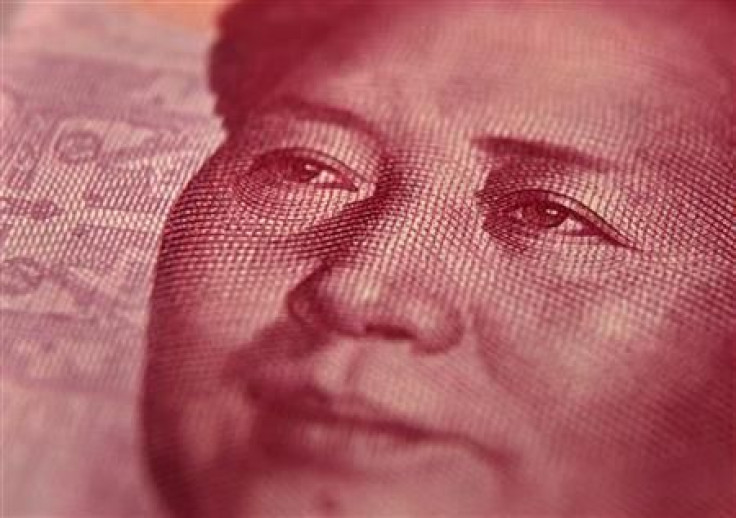Luxury London Homes Best Bargain for Chinese Buyers

Chinese luxury home buyers are leading a legion of cash-rich non-UK investors in search of upmarket London homes, with demand driven by currency exchange rates that produce discounts of up to a quarter on purchase prices, research shows.
Property agency Knight Frank said Chinese buyers benefited from a 24 percent purchasing power discount based on the yuan-sterling forex rate between the peak of the prime London housing market in March 2008 and Oct. 27. Singaporean buyers got a 22 percent benefit, while Malaysians received 18 percent.
The favourable exchange rate is why so many buyers from the Far East are purchasing London homes, not to live in but as rental investments, said Tim Wright, a partner at Knight Frank.
Between March 2008 and September this year prime central London home prices rose by 5.2 percent, Knight Frank said.
Buyers with U.S. dollars received a 16 percent discount, while those with euros received a 3.4 percent benefit.
The yuan, the Singapore dollar and the Malaysian ringitt are all tightly controlled against the greenback, which has outperformed sterling over the past three years and is one of the most sought-after currencies because of its perceived safe haven characteristics in times of economic uncertainty.
Knight Frank categorises prime properties as those worth more than 2 million pounds ($3.2 million). About 55 percent of those transacted were bought by foreign buyers in the year to end-September, from 49 percent a year earlier, said Simon Gammon, managing partner at Knight Frank Finance.
Overseas buyers spent about 4.3 billion pounds on prime property across the whole of London over the last 12 months.
Many foreign multi-millionaires are landing in the country and walking into estate agents on spec, Gammon said. They don't have a lawyer or any tax advice but want a house in London they may have seen on the internet, he told Reuters.
About 80 percent of buyers at London's super-luxury One Hyde Park development, in Knightsbridge near Harrods, were from overseas said Nick Candy, chief executive of Candy and Candy, which is development manager on the one billion-pound scheme where flats cost 7-136 million pounds.
Prime central London residential is like the gold reserve of real estate, he told Reuters.
The high level of overseas demand was changing the makeup of London's luxury home market, said Yolande Barnes, director of residential research at property consultant Savills .
The billionaires have moved into Mayfair and Belgravia. The multi-millionaires have moved into Chelsea and Notting Hill and the millionaires have moved into Wandsworth, she said, noting foreign buyers held on to property for longer.
That meant it was increasingly difficult to buy luxury homes in some areas, she said. For every 100 foreign sellers there were 158 foreign buyers, while for every 100 UK sellers there were only 70 UK buyers, Savills figures showed.
The rise of foreign buyers as a dominant force in the market has been matched by the growing presence of overseas banks with balance sheets that enable them to beat the finance terms offered by their more financially hamstrung UK rivals.
Royal Bank of Canada , Deutsche Bank and Chinese, Singaporean and Indian banks lend at rates as low as 125 basis points (bps) over LIBOR for top clients, one mortgage expert said.
By contrast, UK-based lenders such as Lloyds Banking Group's private bank or RBS' Coutts arm were off the pace with margins of 200 bps-plus, he said.
Royal Bank of Canada has increased the size of its UK mortgage book eightfold since 2007 to about $800 million and plans to double it over the next several years, Michael Kay, head of credit at RBC Wealth Management, told Reuters.
© Copyright Thomson Reuters 2024. All rights reserved.











